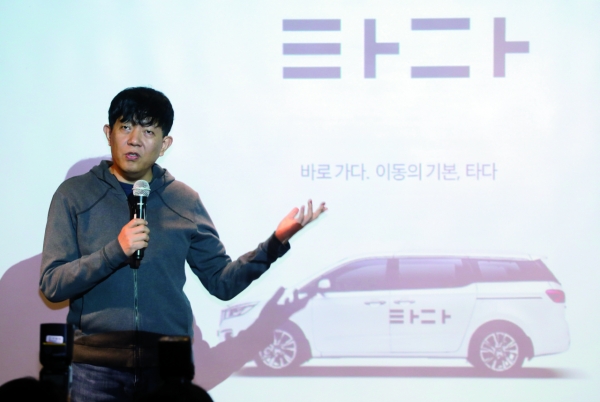
The Assembly’s transportation committee passed a revision to the Passenger Transport Service Act that would require the start-up to stop offering rides within a year and a half, or greatly alter its way of operating. The revision is set to be voted on the floor of the full Assembly. It is being called the “anti-Tada law.”
Tada’s current business model is based on a clause in the domestic transportation services law that allows 11 passenger vans to be rented with drivers- an exception to a general ban on unlicensed operators offering paid ride services. The revision will eliminate that clause for good, leaving no legal basis for Tada’s operation. Instead, renting vans with drivers will be allowed for tourism purposes only and users will have to rent the van and driver for at least six hours. Pick-ups and returns will be confined to airports and ports. Users may have to show evidence to prove they are tourists, such as plane tickets. In other words, it will be impossible for Tada to operate as the van-hailing service it currently is.
Lee Jae-woong, CEO of Socar, which owns Tada, has been arguing that the revision would inconvenience 1.5 million Tada users and imperil the earnings of 10,000 drivers of the van-hailing service. He has questioned why the Transport Ministry is pushing for rapid final approval of the bill even though it was supporting the development of the local car rental business just a few years ago.
New mobility services including Uber and Grab are expanding in foreign countries. These new means of transport contribute to the enhancement of the quality of services through competition. But Korea is going in the opposite direction.


